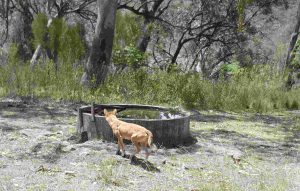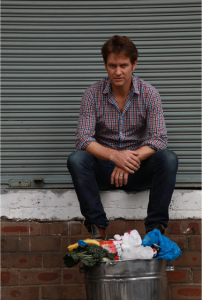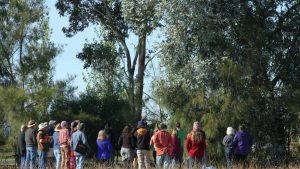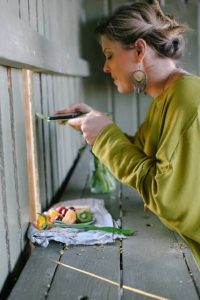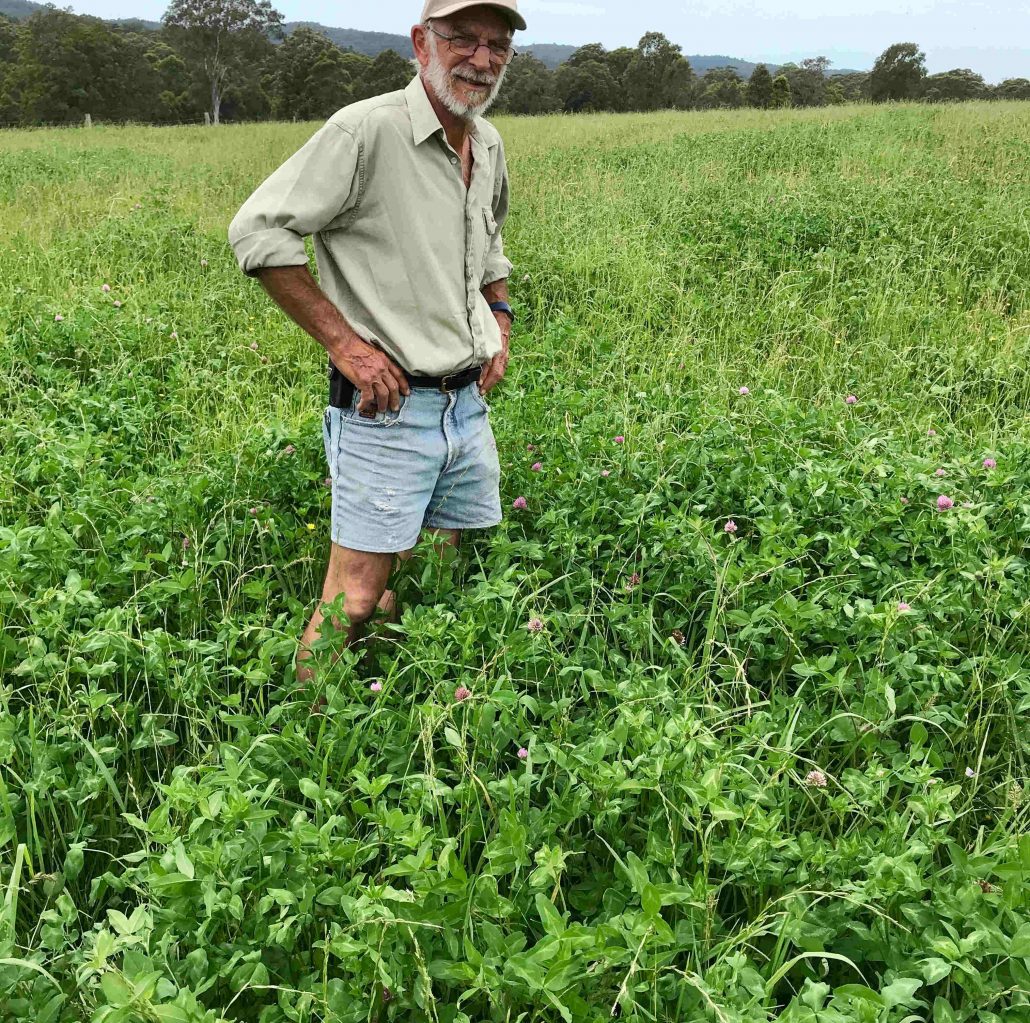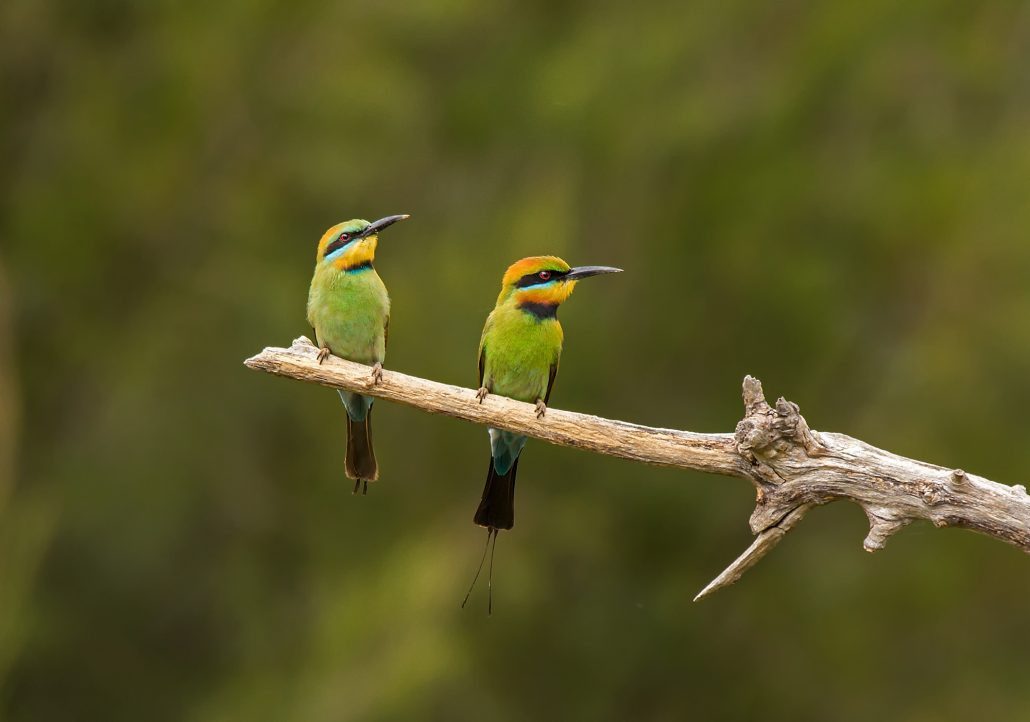The latest trend in top Sydney restaurants is weeds. Farmers friends, purslane, salsify, wild asparagus and nettle are all on the menu and chefs are willing to pay top dollar.
One man is on a mission to connect farmers, landholders and budding foragers from the Central Tablelands to the catering and restaurant industry of Sydney.
After many years working as a foraging educator Diego Bonetto has established Wildfood Store, a marketplace for edible wild food. The platform and registered company will offer farmers and people in regional NSW the opportunity to subsidise their income by harvesting desirable edible wild plants.
“There is an unrelenting request form the city’s fine dining industry for well presented, clean, atypical edible species.” said Diego.
For example young, good quality tips of farmers friends can fetch $7-8 for a 100 g punnet.
“Farmers have edible weeds growing all over so it is just a matter to train people how to harvest and package and get the produce to the city.” he continued.
Diego has secured some seed funding from the NSW Government via an initiative in collaboration with the Kandos School Of Cultural Adaptation.
The concept is simple. Chefs in the city want clean, well-presented and fresh wild edibles. Diego will train farmers on how to harvest and package the produce and via a distribution company in the city deliver them to the top restaurants in Sydney. The farmers get paid for their efforts and Diego will bring their stories to the city’s tables.
Diego will be running a Foragers Training Workshop in Kandos on Saturday, 11 August from 10am-12:30 pm.
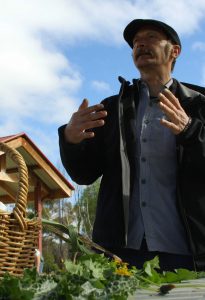
Diego Bonneto will provide training on how to harvest and package desirable wild plants and get the produce to the city.
Diego Bonetto is an Italian artist, father, forager, speaker, keen naturalist and award winning cultural worker based in Sydney. Diego works with chefs, scientists, architects, academics, herbalists, brewers, soap makers, producers, educators and land owners, providing programs, workshops, tours, community engagement strategies and exhibitions. You can read more about Diego on his website: http://www.diegobonetto.com.
Attendance to the workshop is $10, visit https://www.diegobonetto.com/shop/mid-western-foragers-training-aug11 to book your spot.
Can’t make the workshop? Diego will also be available to conduct consultation visits to local properties to identify wild food produce potential during the week of August 6 to 10. Contact Diego on 0411 293 178 or info@diegobonetto.com for more information.

